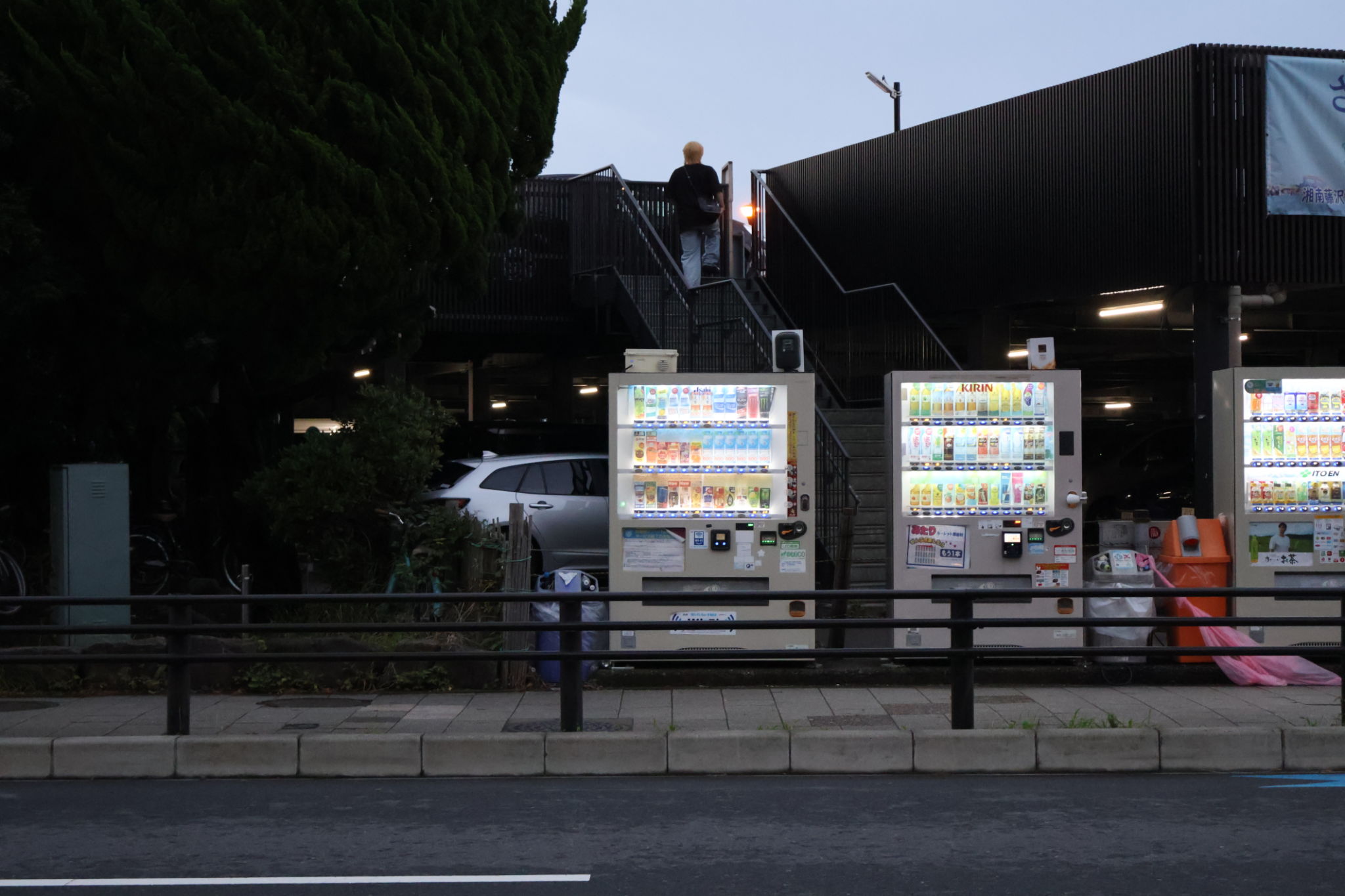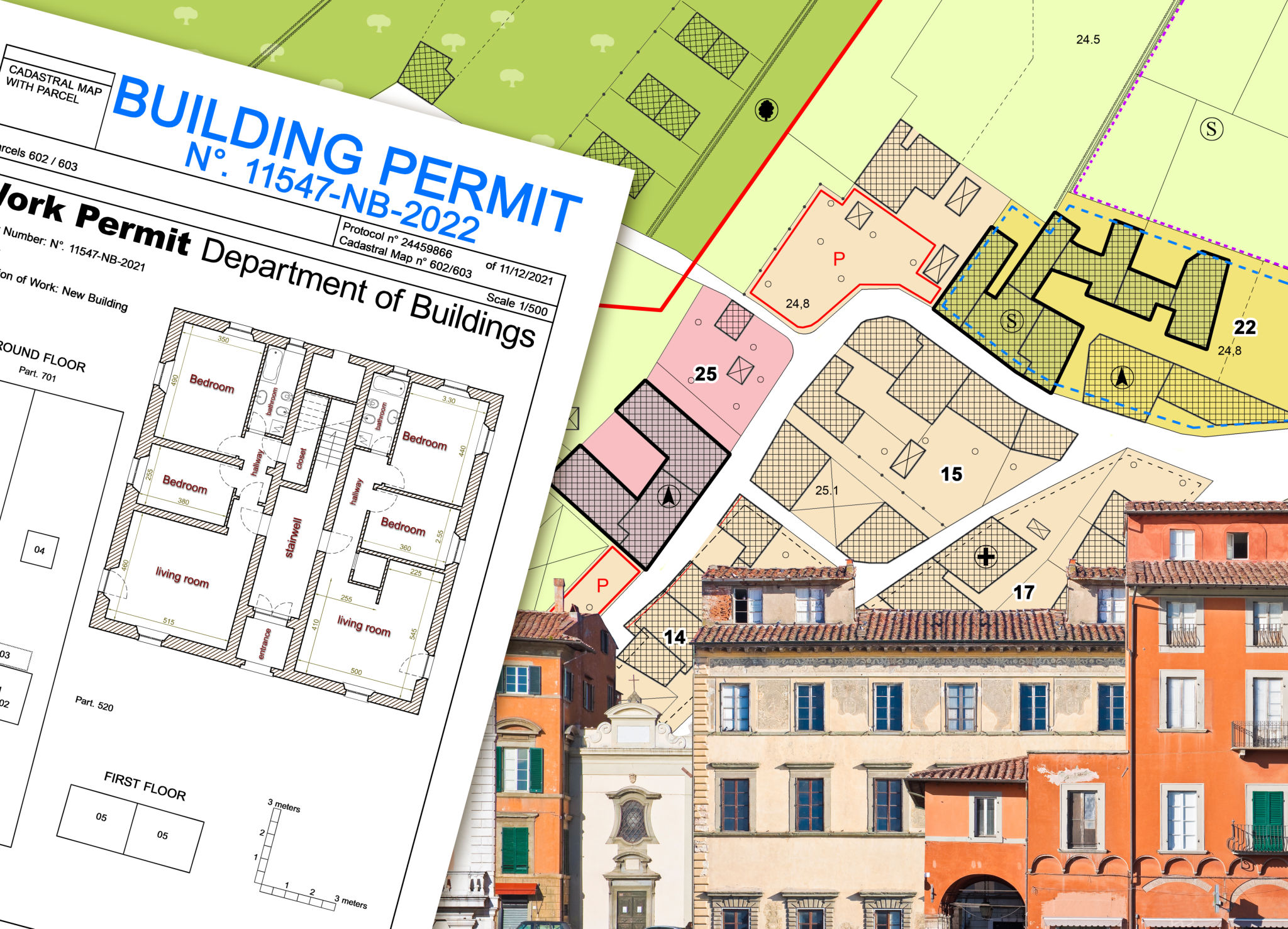A Closer Look at Boston's Vending Machine Regulations
Understanding the Basics of Vending Machine Regulations
Boston, known for its rich history and vibrant economy, also has a set of regulations governing the operation of vending machines. These regulations are crucial for ensuring the safety and satisfaction of consumers. For vending machine operators, understanding these rules is essential to running a successful business in the city.
Vending machines in Boston are regulated to ensure that they meet specific standards related to health, safety, and accessibility. These regulations cover various aspects, including machine placement, product quality, and maintenance requirements. Business owners must comply with these regulations to avoid penalties and ensure smooth operations.

Licensing and Permits
Before installing a vending machine in Boston, operators must obtain the necessary licenses and permits. This is a critical step that involves submitting an application to the city's regulatory authorities. The application process typically requires detailed information about the vending machine's location, the types of products offered, and the operator's credentials.
The city conducts thorough inspections to ensure compliance with health and safety standards. Failing to secure the appropriate permits can result in fines and possible shutdowns. Therefore, it's important for operators to stay informed about the latest licensing requirements.

Health and Safety Standards
Health and safety are top priorities when it comes to vending machines in Boston. The city enforces strict guidelines on product storage and handling to prevent contamination and ensure customer safety. Operators must regularly maintain and clean their machines to comply with these standards.
Additionally, Boston requires that vending machines offering perishable goods, such as dairy or fresh produce, are equipped with proper refrigeration systems. Regular inspections help ensure that these systems are functioning correctly and that products remain safe for consumption.

Accessibility Requirements
In line with efforts to improve accessibility for all residents, Boston mandates that vending machines be accessible to individuals with disabilities. This includes ensuring that machines are placed at appropriate heights and are equipped with features that accommodate people with physical limitations.
Operators must also ensure that payment systems are user-friendly and accessible. This may involve installing machines that accept various payment methods, including cashless options, which are increasingly popular among consumers.
Conclusion: Navigating Boston's Vending Machine Landscape
Operating a vending machine business in Boston requires a thorough understanding of local regulations. By adhering to licensing requirements, maintaining health and safety standards, and ensuring accessibility, operators can successfully navigate the city's regulatory landscape.
Staying informed about any updates or changes to these regulations is also crucial for long-term success. By doing so, vending machine operators can provide excellent service to customers while remaining compliant with Boston's rules.

